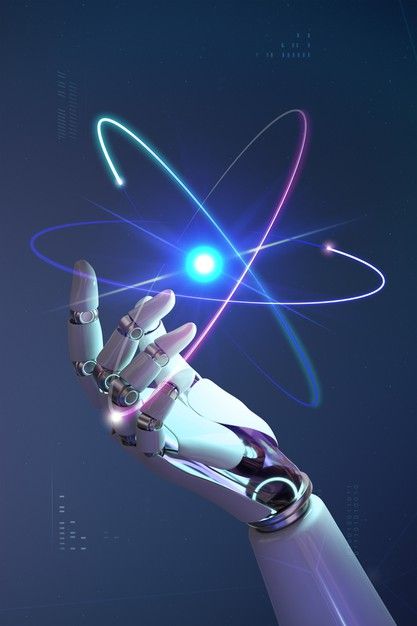Facts Vs Myths about artificial intelligence (AI)
The fear of technology overtaking humans has led to widespread myths and misconceptions. To stay informed and empowered, it's crucial to stay updated on tech trends and skills.

Collaborating with insightful articles can help dispel misconceptions about artificial intelligence (AI) and embrace its potential. By gaining accurate information, we can become discerning participants in the digital age and protect ourselves from unwarranted fears.
Myth: Artificial intelligence will replace jobs.
Fact: The popular AI theory suggests that AI will replace human labor due to its advanced and cost-effective nature. However, this is unlikely due to the vast variety of jobs that require cognitive tasks that humans can perform better than AI. AI will augment existing jobs but may replace some low-level jobs, requiring employee upskilling and promotion to newer roles. In analytics, AI technology automates manual tasks, sifting through millions of data points to find relevant information. Analysts must still understand and present important information to business users, freeing them up to perform high-value tasks.
Myth: More Data = Better AI
Fact: The myth that more data leads to better AI is false. AI's effectiveness relies on the data it receives, and inaccurate or poorly structured data can hinder its effectiveness. To improve AI, data must be machine-readable and labeled effectively, even for large companies.
Myth: AI is only relevant to the tech sector
Fact: AI has numerous applications in various industries and personal life, including healthcare data analysis, financial transaction processing, travel assistance, home energy management, maintenance in complex systems, and education-focused assistants. As new industries and roles develop, AI's potential business applications will continue to expand.
Myth: AI threatens our data
Fact: AI's predatory data collection practices raise security concerns, including privacy protection and data breaches. Regulations like GDPR help protect consumer privacy, but companies may still continue to use data for financial gain. Despite these regulations, the myth remains unsolved as companies continue to exploit AI for financial gain.
Myth: Small enterprises cannot afford AI.
Fact: AI can save small businesses money in the long run by automating repetitive tasks, reducing human error, and improving efficiency. AI-powered inventory management systems optimize stock levels and identify customer behavior patterns, leading to cost savings. Start small and gradually scale up as benefits become apparent.
Myth: AI can perceive and comprehend human emotions
Fact: AI systems can recognize and respond to human emotions, but they lack emotional intelligence. AI's emotional understanding is driven by data analysis and pattern recognition, not human emotional intelligence. However, understanding emotions is useful in chatbots and virtual assistants for personalized, human-like interactions, as advanced chatbots can make users unaware they're not talking to a human.
Myth: Artificial intelligence can resolve any issue
Fact: AI is effective in solving complex problems and making accurate predictions, but its effectiveness depends on the quality of inputs and not all problems are suitable for AI-based solutions. It struggles with issues requiring intuition, creativity, or emotional input. Combining AI with human judgement and expertise is crucial for optimal results.


